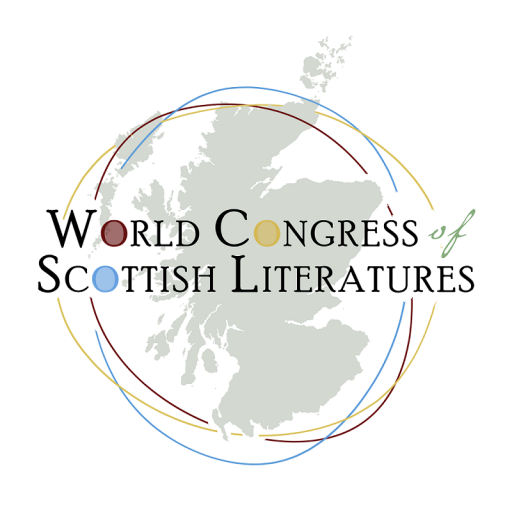Peregrinations and Paratext: The Threshold to Willam Lithgow’s Discourse
This paper presents a diatopic study of the liminary texts of the five editions of William Lithgow’s (c.1582 – c.1645) narratives which detail his travel from Scotland across most of Europe, parts of Africa, and the Eastern Mediterranean. Published in London by Nicholas Oakes in 1614, Lithgow’s first text, A Most Delectable and True Discourse, was then reprinted by Oakes in 1616 with changes made only to the liminary texts and font. Only two of the five commendatory poems from 1614 are repeated in 1616, and the sonnet which ends the 1614 edition is omitted. By 1623, Lithgow has developed the text into a recognisable prosimetrum form and includes a different trio of commendatory poems to introduce the text, adding a fresh one by Patrick Hannay. In what has become Lithgow’s most well-read and well-criticised text — The Totall Discourse (1632) – there are seven commendatory poems, combining previous inclusions with new contributors. This is also the first text in Lithgow’s extant corpus which is presented to King Charles I. In the 1640 reprint of The Totall Discourse, the commendatory contributors remain the same, but the liminary texts are reordered. This paper draws comparison between the species of the paratext and that of the prose, seeking to re-read Lithgow and his global connections in light of this textual evidence.
Lorna MacBean, University of Glasgow, Scotland
